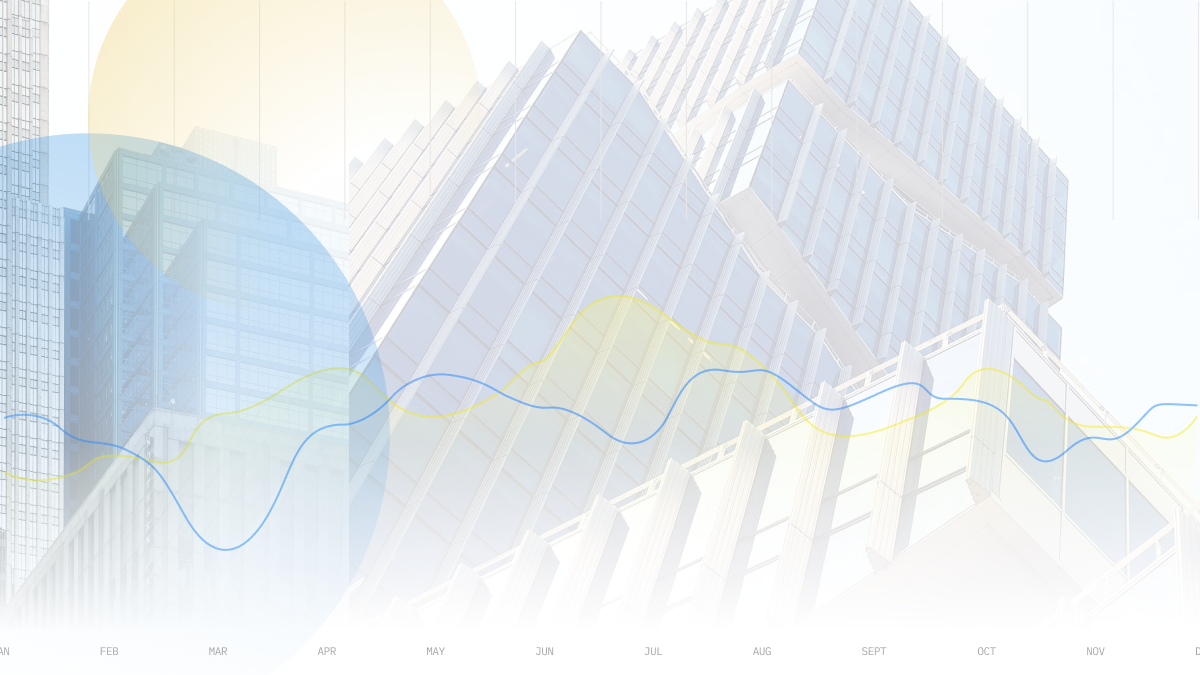




Policy Rate Updates: BSP outlook — cloudy with a chance of rate cut
 DOWNLOAD
DOWNLOAD

January Economic Update: Growth slows, prices rise
 DOWNLOAD
DOWNLOAD

Inflation Update: Up, up, and away?
 DOWNLOAD
DOWNLOAD



Philippines’ GDP growth momentum cools in Q2 as inflation soars
MANILA, Aug 9 (Reuters) – The Philippine economy’s recovery momentum slowed in the second quarter amid high inflation, but the government is confident this year’s growth target remains achievable, giving the central bank leeway to further tighten policy to curb price pressures.
The Southeast Asian country’s gross domestic product was 7.4% higher in the June quarter than a year earlier, growing more slowly than the downwardly revised 8.2% annual rate seen in the previous quarter and the median 8.6% forecast in a Reuters poll.
It was the slowest growth since the third quarter of 2021 but the second-fastest so far in Asia for the second quarter of 2022, Economic Planning Secretary Arsenio Balisacan said on Tuesday.
“Our economy is doing relatively well,” he told a media briefing, saying the second-quarter performance was still in line with this year’s target for growth in full-year GDP of 6.5% to 7.5%.
“We can still handle further (central bank) rate hikes.”
Balisacan attributed the second-quarter slowdown to weak agricultural production amid high input costs and to easing growth in manufacturing, which he said might also be partly due to inflationary pressures.
Second-quarter growth is “considered decent”, said Michael Ricafort, economist at Rizal Commercial Banking Corp in Manila. It had been driven by measures to further re-open the economy towards post-pandemic normalcy, he said.
On a seasonally adjusted basis, however, the economy contracted 0.1% in April-June from three months earlier, when quarterly growth had been 1.5%, the government said.
Economists expect the Bangko Sentral ng Pilipinas (BSP) to remain in policy-tightening mode to tame inflation, which is widely projected to exceed the central bank’s target for a 2% to 4% rise in year-average prices.
The BSP has flagged the possibility of raising key interest rates further by 50 basis points at its Aug. 18 policy meeting, confident the economy can withstand a less accommodative policy.
It has raised interest rates by a total 125 basis points since the beginning of the year to tame inflation, which soared to its fastest pace in nearly four years in July.
Accelerating inflation is likely to hit consumption, and growth in full-year GDP could settle at the low end of the government’s target, said Nicholas Mapa, senior economist at ING.
Mapa expects a 50 bps rate increase by the BSP this month, followed by 25 bps hikes at each of the four following monthly meetings.
The administration of President Ferdinand Marcos, whose six-year term began on June 30, is further targeting growth in full-year GDP of 6.5%-8.0% annually from 2023 to 2028.
(Reporting by Neil Jerome Morales, Karen Lema and Enrico Dela Cruz; Editing by Martin Petty and Bradley Perrett)
This article originally appeared on reuters.com





 By Reuters
By Reuters